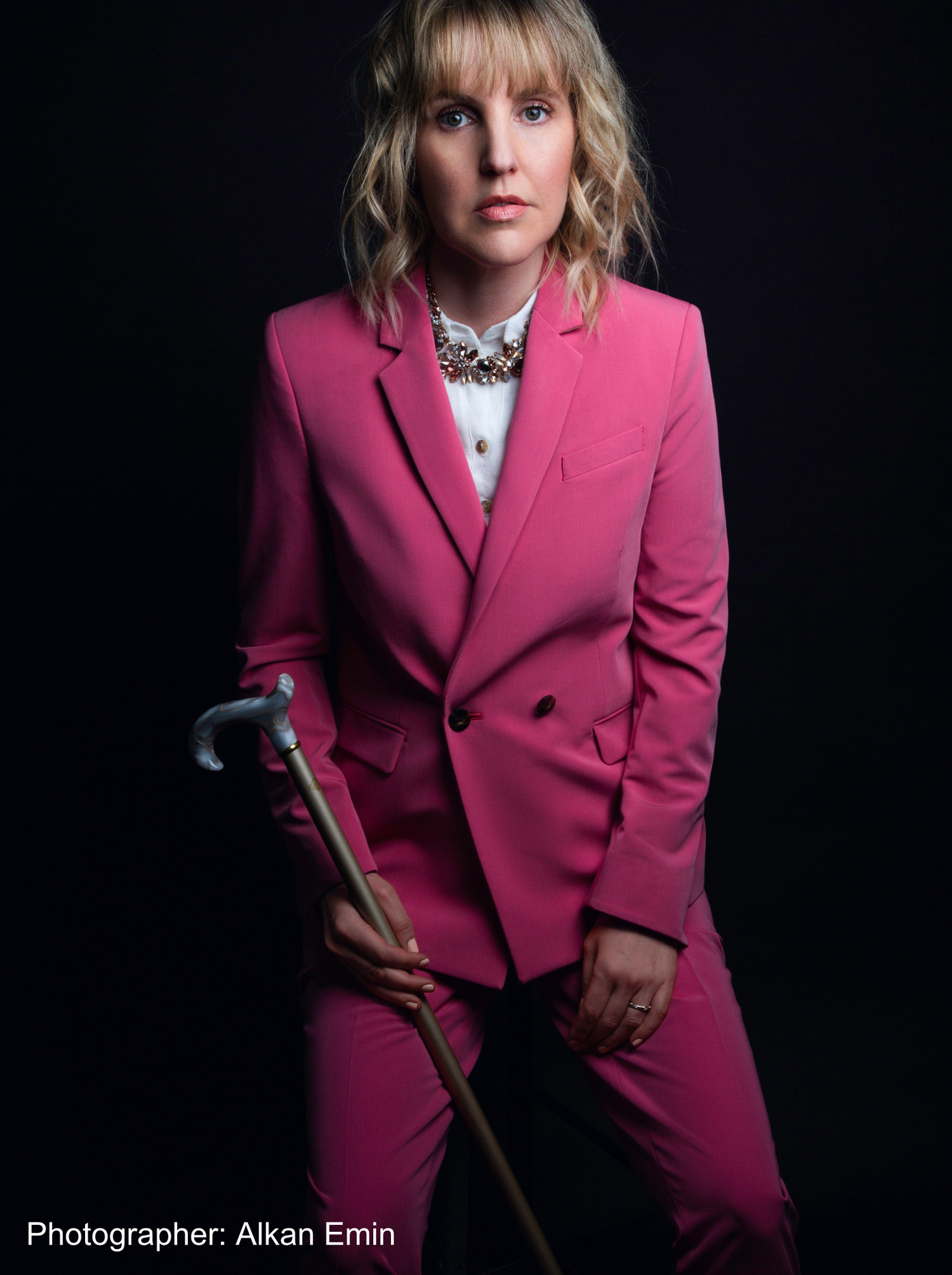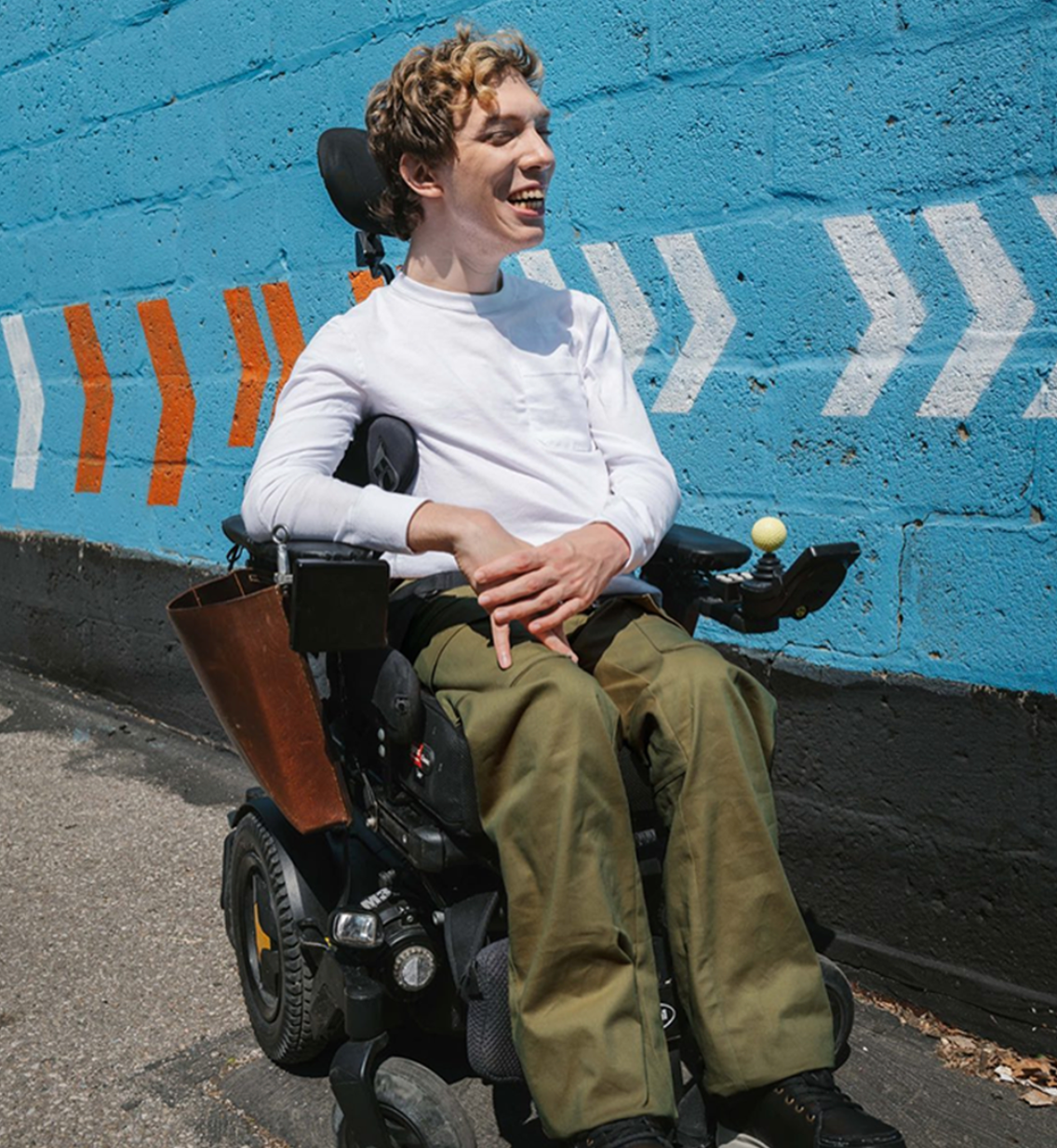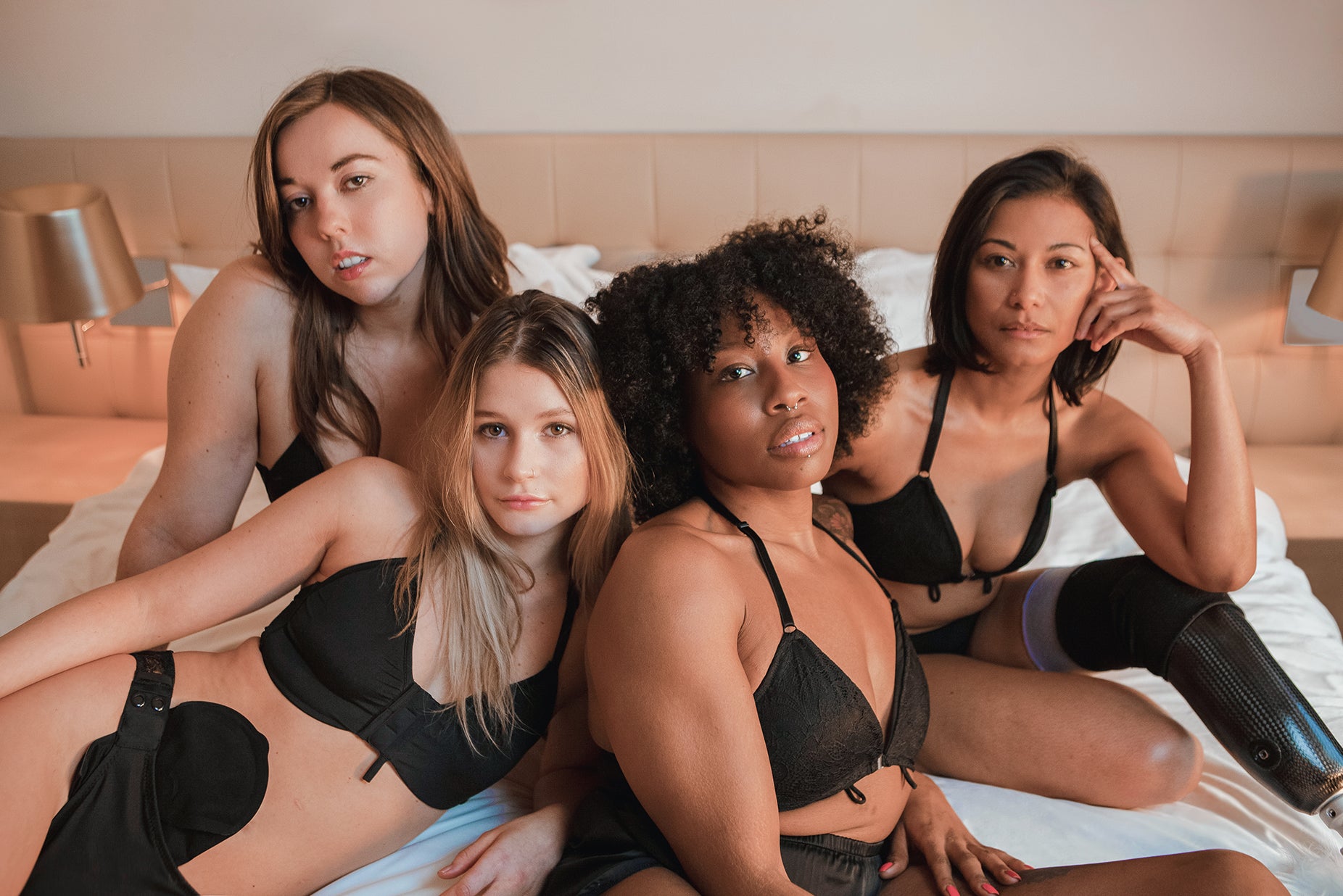Meet Ardra Shephard. She is taking the bull by the horns when it comes to pushing boundaries around seeing disability differently or with fresh eyes. She speaks loudly and proudly when it comes to the things she is passionate about. Here's a conversation we had with Ardra about who she is and what she stands for. Enjoy.
I'm going to start off by asking the question that I'm sure every interviewer asks, which is, I'd love you to really give me a snapshot of who Ardra Shephard is for those of us who might not be familiar with you.
Ardra Shepard: I feel like I've been asked this question so many times that I should be better at providing a decent answer, by now, but I'm not, because how do you sum yourself up in a snapshot or in just a couple of words?
I am a writer and a wife, an aunt and a dog mom. I'm creative. I like to travel. I just, I like to enjoy life and my friends, I have multiple sclerosis, which, if you know me online, it can maybe seem like that's entirely what I'm about, because I do have a fairly significant platform when it comes to talking about MS. But, my reason for doing that is because there's a lot of things that I think we need to change culturally about how we view disability or chronic illness, and how we, as a society, sort of react to and treat some of our more vulnerable people.
Q. How did you meet our founder Izzy Camilleri?
A. I was aware of Izzy, as are many people in the disability community, and when we were putting together Fashion Dis, to me, it was just a natural fit to invite her to participate in the show.
Q. For our readers who might not be aware of what Fashion Dis is, can you talk a little bit about the process of making that show and then hosting it? Can you tell us a little bit about that?
A. Fashion Dis is a makeover series that I created and host. It centres people with disabilities and highlights adaptive and universal fashion and beauty brands.
Q. How did you get into adaptive fashion? And when did this become a real passion of yours?
A. I wasn't born with a disability. I developed multiple sclerosis in my twenties. MS is a chronic progressive illness. So for many years I lived with what we sometimes call invisible symptoms, or a non apparent illness. MS impacted me in a lot of ways, but it wasn’t obvious to the outside world. It wasn't until my thirties as my illness progressed and I started to need a cane, then a walker, and sometimes wheelchair.
There's like a natural grief when you are losing function that I was not prepared for..
What really caught me off guard was the psychological impact of the fashion choices that I had to make, that were more limited.
I was suddenly more restricted in how I was able to express myself through fashion, and that was a massive frustration.
But more than that, it was not being able to find any disabled style role models in the culture. I was searching for people who looked like me, who were young, who were using mobility aids, who still looked, you know, cool and stylish and fashionable, and the absence of those images really sent a message to me On top of that, you know, I would be going out in public and all of a sudden people would be asking me what's wrong with you, or can I pray for you?
And these are not questions I'd ever been asked before.
When somebody's first impression of you is that they need to pray for you, it's a shitty feeling. It does not feel good.
When I had the idea for Fashion Dis. I don't know, maybe 5 years ago, there was not the kind of disability representation that exists on social media today.
We still have a long way to go, but,social media has opened the door and started to level the playing field.
A show like Fashion Dis needs to be more mainstream. When I brought home my first walker, I looked at it and cried.
It was ugly, and I hated it, and I think when I finally found mobility aids that better aligned with my own aesthetic, I decided to hire a photographer and a stylist and do a fashion shoot and put those images on social media, I hashtagged them babes with mobility aids, because I was like I'm not seeing this example. So it's really about creating the examples of what I needed. I certainly don't take credit for the massive culture shift that's happening, but it's exciting to be a part of it.
But I think one thing that was very striking to me when I met you, and when I met Tai in season one was the level of confidence that you both have at this age already that I just felt like I'd love that energy of like just already knowing that you have a place in, and a right to be here.
But that sense self really came through with both of you, and that was a really important quality we were looking for when we were casting the show. We want to showcase people who are comfortable in their skin, we don’t want to perpetuate this stereotype of needing to fix anyone.

Q. As someone who is very involved in the fashion industry, how accessible and available is adaptive fashion?
A. That's an excellent question, and it's really hard to quantify. I think it's really, it's twofold.
It's about representation, and then it's also about the availability and access to products.
So we're not there yet, but we're better every year, and seeing a massive brand Skims, where Kim Kardashian is killing it because she's integrated disability so smoothly, and she is a massive influencer and taste maker,. you can tell that the culture is changing. I feel like if we can get to a place where we're talking about universal design. Like, that's maybe the ultimate goal.
Q .What is one thing you would like our readers to know?
A. I think that when you are confident, you put yourself out there, you make space and give permission for others to do the same, and it's not about being obnoxious or an egomaniac, there's nothing I love more than seeing someone who feels comfortable in their skin, who loves their look, who can enjoy and appreciate fashion the way we are all entitled to.




